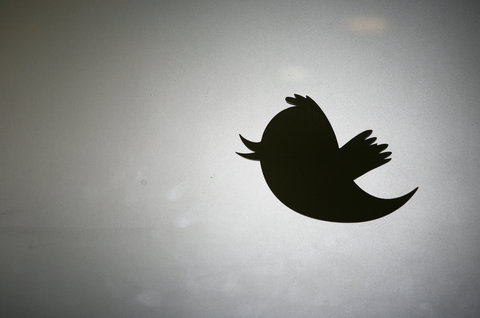feminism and social media
 I think of myself as a “baby feminist.” It wasn’t until I had started reading Katie’s blog that I became aware of the intricacies behind the movement, and what a huge role it played in something as complex and important as the social media phenomenon. Surfing through my Facebook newsfeed, I noticed at least two body-shaming statuses and many, many homophobic slurs, racist connotations and misconceptions. It is probably now my duty to a) inform these people or b) delete them completely. No one needs that kind of ignorance.
I think of myself as a “baby feminist.” It wasn’t until I had started reading Katie’s blog that I became aware of the intricacies behind the movement, and what a huge role it played in something as complex and important as the social media phenomenon. Surfing through my Facebook newsfeed, I noticed at least two body-shaming statuses and many, many homophobic slurs, racist connotations and misconceptions. It is probably now my duty to a) inform these people or b) delete them completely. No one needs that kind of ignorance.
There is an idea of the “role” of a woman acting in social media websites. This goes beyond kitchen jokes; it takes shape in the way Facebook’s censoring policies quickly remove photographs of the female form, yet neglect explicit racist and homophobic comments.
Misogyny, racism, and other forms of sexual discrimination have been so ingrained in social networking that it has become the norm for racist memes to become “funny”, for rape jokes to be casually placed beneath photographs of teenage girls, for the power of the written word to become replicated, promoted and eventually, mainstream.
And all anyone does is scroll past them.
However, in April 2012, 16 graduate students from Duke University launched a campaign called ‘Who Needs Feminism.’ What started out as a local project turned into a media sensation and made its way through Tumblr, a known hub for the expression of sexuality, equality and transcendentalism. The blog features submissions of handmade posters from individual bloggers and non-bloggers alike, explaining why feminism is important to them and to the people around them.
The blog explains:
‘Identify yourself as a feminist today and many people will immediately assume you are a man-hating, bra-burning, whiny liberal. Perhaps a certain charming radio talk show host will label you as a “Feminazi” or “S**t.” Even among more moderate crowds, feminism is still seen as too radical, too uncomfortable, or simply unnecessary. Feminism is both misunderstood and denigrated regularly on a broad societal scale.’
Statements range from ‘I need feminism because I don’t want to live in a society where a woman’s virginity is “sacred” and “necessary”’ to ‘I need feminism because my tight skirt doesn’t have anything to do with my sex life.’
I like what Deanna Zandt, author of Share This! How You Will Change the World with Social Networking says: ‘In the past, we’d have to wait for some organization to take up the cause – create a petition, launch an email campaign – and outside of traditional feminist movement types, those campaigns rarely reached widespread acceptance… What’s most interesting to me is that in the last two years or so specifically, women have been leading the charge online to campaign for themselves against this kind of abuse, largely thanks to advances in social networking.’
To change perspectives of what is and what is not feminism; to enforce the right to make one’s own choices; to express the fight against oppression, ‘Why I Need Feminism’ is a single beam of light that has been carried on by thousands of individuals across the murky waters of the Internet. Combining the accounts of Tumblr, Facebook and Twitter users, the campaign is being promoted to give feminism a chance to reach over 2,500 cities and over 13,000 people.
Social networking is made up of millions and millions of voices.
You are one of them.
By Sandie Sarouni

